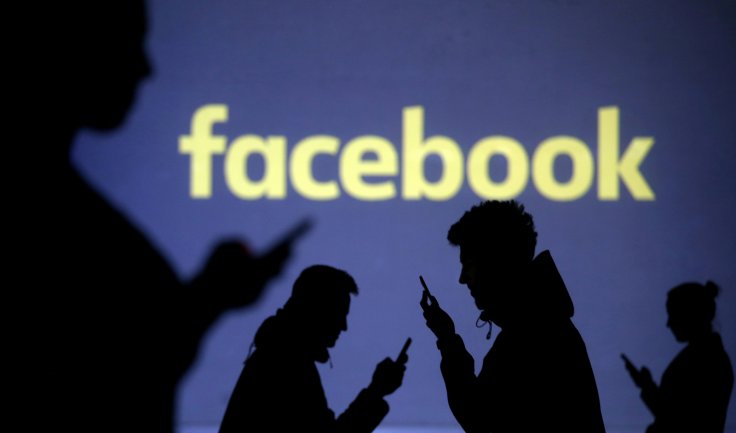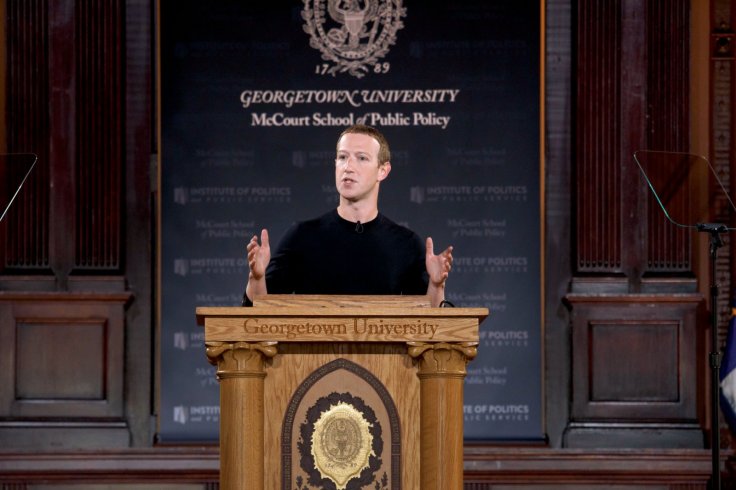In recent times, social media platforms have come under fire for not moderating hate speech or stopping the spread of misinformation during elections. Among them, Facebook has been criticized often. Now, a fired Facebook employee has alleged that the tech giant ignored fake accounts that were trying to influence public opinions during elections around the world.
In a 6,600-word memo, the former data scientist at Facebook, Sophie Zhang, alleged that she was fired for raising her concerns to upper management. In her role at Facebook, she analyzed bot accounts to identify "coordinated inauthentic behavior." Such bot accounts are used for manipulating public opinion in favor/against a candidate in order to influence elections.
Zhang said she refused a $64,000 severance package that needed her to sign a non-disclosure agreement which would have stopped her from making any remark about the company in public.
"In the three years, I've spent at Facebook, I've found multiple blatant attempts by foreign national governments to abuse our platform on vast scales to mislead their own citizenry, and caused international news on multiple occasions," Zhang, who turned whistleblower, wrote in the memo.

'Blood in My Hands'
Zhang's memo has once again brought Facebook under immense scrutiny. The representatives of the company were recently summoned by a Parliamentary Standing Committee in India following reports that it ignored hate speech and favored ruling Bharatiya Janata Party (BJP) leaders during the 2019 General Elections.
India saw a massive spike in hate speech during the General Elections in 2019 on Facebook. The social media platform was even used to spread fake news and rumors that on many occasions ended up in lynching. Zhang said she removed a number of "a politically-sophisticated network of more than a thousand actors working to influence" a local election in Delhi.
She witnessed similar cases of manipulation in Azerbaijan, El Salvador, Honduras, Brazil, Ukraine and Ecuador. While Facebook was aware of the abuses of its platform, it chose to ignore and focus on the U.S.
"Overall, the focus of my organization — and most of Facebook — was on large-scale problems, an approach which fixated us on spam. The civic aspect was discounted because of its small volume, its disproportionate impact ignored," Zhang wrote, adding that "I know that I have blood on my hands by now."

Not Enough Resources
Despite knowing the problems, Facebook never diverted enough resources to tackle the issues. She blamed the company's U.S. and Europe-centric approach for the same. On her part, the sheer amount of workload tied her hands to ignore many instances.
"There was so much violating behavior worldwide that it was left to my personal assessment of which cases to further investigate, to file tasks, and escalate for prioritization afterward," she wrote, adding that she personally took actions against many prominent political figures globally.
However, she said it was not that Facebook had bad intentions. Instead, the decision to ignore was largely motivated by public relations and the negative attention it could have got from acting against political manipulation. She said only reports by major publications would attract the leadership of the company and then they would act on it.
"It's why I've seen priorities of escalations shoot up when others start threatening to go to the press, and why I was informed by a leader in my organization that my civic work was not impactful under the rationale that if the problems were meaningful they would have attracted attention, became a press fire, and convinced the company to devote more attention to the space," she further wrote in the memo.
Facebook in its defense, said it was working with leading experts to stop abuse of its platform. The company's spokesperson Liz Bourgeois said in a statement that it had removed over 100 networks of bad actors for "coordinated inauthentic behavior."
"It's highly involved work that these teams do as their full-time remit. Working against coordinated inauthentic behavior is our priority, but we're also addressing the problems of spam and fake engagement. We investigate each issue carefully, including those that Ms. Zhang raises, before we take action or go out and make claims publicly as a company," Bourgeois added.









